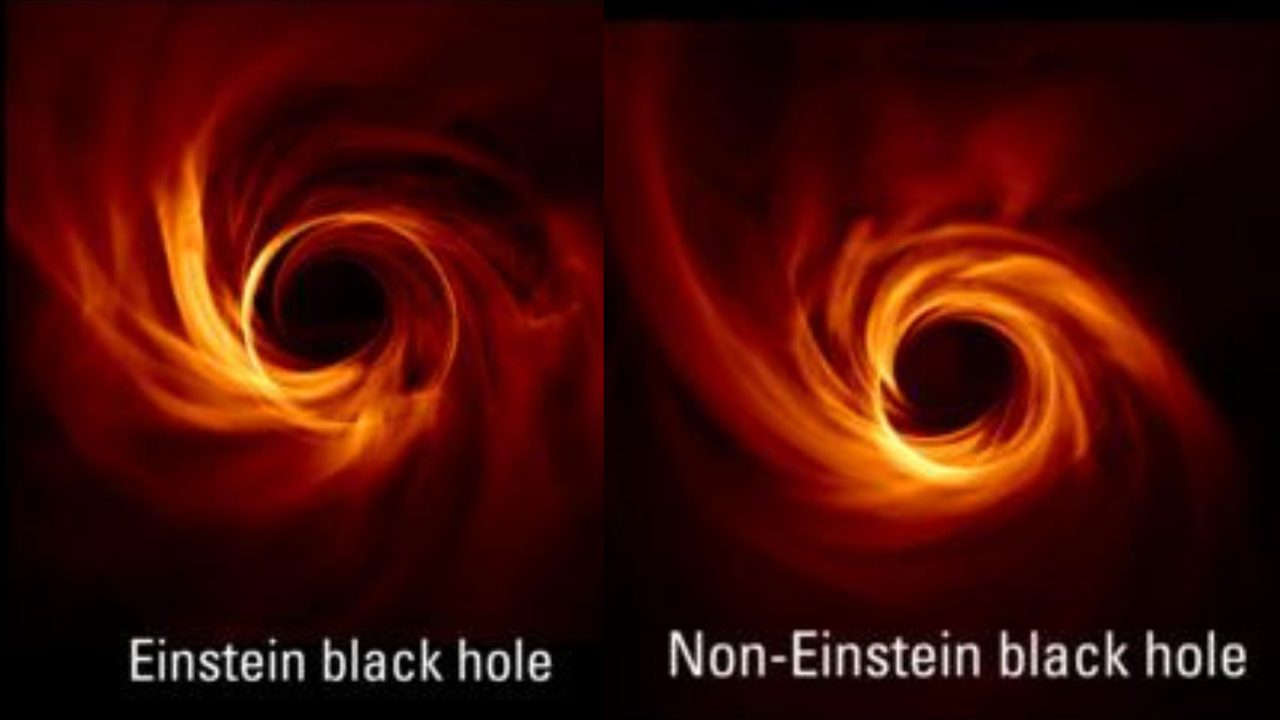How to Weigh a Black Hole
NeutralScience
Astronomers have developed various methods to measure the mass of black holes, which is a challenging task due to their elusive nature. Understanding the mass of these cosmic giants is crucial for comprehending their role in the universe and how they influence the formation and evolution of galaxies.
— via World Pulse Now AI Editorial System
